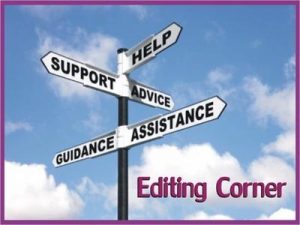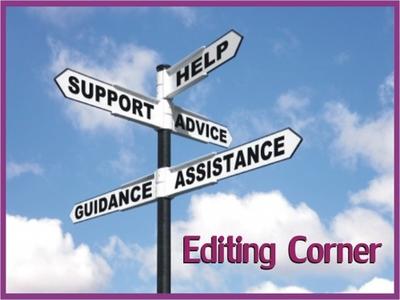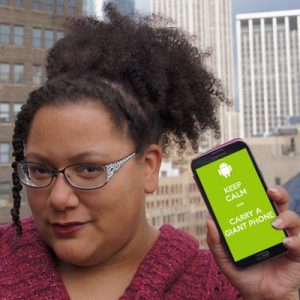Ian Smith
ERWA Gallery Flasher Editor
I’m always intrigued by the wide variety of ideas people come up with for stories. How do they think of them?
Yes, of course there are strong similarities in many genres. Where would a billionaire erotic romance be without (a) a kinky and implausibly young billionaire, and (b) an innocent young lady with an unsuspected taste for being spanked?
And let’s face it, most romance stories are broadly similar. Boy meets girl and they overcome hassles before finding true love. Hassles might be a love rival, abduction, being involved in a war, family or cultural hostilities, misunderstandings, being separated by cruel fate, or simply not liking each other to start with. But if they met, fell in love and lived happily ever after, who’d want to read it?
I’m sure you know how the modern detective is almost required to have some personal problems, like over-fondness for drink, sex or gambling, a missing limb or a personality fault.
The classic crime thrillers actually had rules to be followed. SS Van Dine listed twenty in 1928, and Ronald Knox published ten in 1929. These are still broadly followed, for instance in the popular British “Midsomer Murders” TV series. Even though these are contemporary, they seem to be set sometime in the past, and often revolve around a rich but dysfunctional and mad family, or a village/community/club generously stuffed with slightly potty people.
But writers still need some inspiration for a story, whether it follows genre conventions or not. They need characters, events, and a story arc. Readers enjoy following the adventures as the characters experience things and develop, and hopefully feel satisfied when the story ends.
Some of my stories are probably inspired by others I’ve read or watched, even if I can’t actually remember them. But some ideas seem to come completely out of the blue, or grow from an idea for character, a phrase, or even by writing the story to suit an ending I’ve thought of. I’ve even had an idea from my local paper’s “police report” column, about which I will say no more until I’ve written it!
Many writers admit to using family, friends and acquaintances as the basis for characters. Real people are a great source of the sort of mannerisms and patterns of speech which could really bring a character to life for a reader. And thinking about how to briefly describe them in writing is an interesting exercise too.
I’ve created two characters based on real people. One was a former manager, whose literary alter-ego has an, er, colourful demise. But that’s nothing to do with our unhappy working relationship…
The other character appeared briefly in my third novella. About 20 years ago, I saw a report on my local TV news show about a second-world-war Spitfire which had just been converted to a two-seater. The team involved tracked down a delightful elderly gentleman who’d actually flown that very aircraft in the later stages of the war, and invited him to take a flight. The brief interview he gave afterwards has stuck in my mind ever since. He said it was just like it had been when he was a young man, except it didn’t smell of fear.
I’ve not thought of a story where I can really explore how I feel about his comments. Well, not yet.
If you’ve seen the film “Shakespeare In Love”, you may recall a brief scene where Shakespeare walks through London and overhears snatches of conversation, all of which are well-known from his plays. A nice idea for an amusing short scene. I don’t believe for a second that the Bard “invented” all the words which appeared for the first known time in his writing, but he had an awesome knack for putting them together in ways which still work four hundred years later.
But that’s not a bad idea, keeping your ears open and making notes before you forget.
My wife was once given directions to a conference being hosted in a museum. The phrase “turn right at the elephant” certainly stuck in her mind. And I’ve used it in one of my own flash-fiction stories, too.
I’ve used another example in a draft novella I’m working on, inspired by a real-life conversation where someone said something which all-too-easily be taken to mean that her sister’s late husband had been put down by a vet.
I noted a brief conversation a couple of years which I’d love to use, but it’s a challenging to find a suitable context. But I will. I walked past some burlesque dancers chatting during a break between performances and overheard one of them say, “He wanted her to ride in on a pony, bareback and only wearing a tangerine thong. I mean, you just can’t do it.”
Is it me?
What’s the problem with tangerine?








